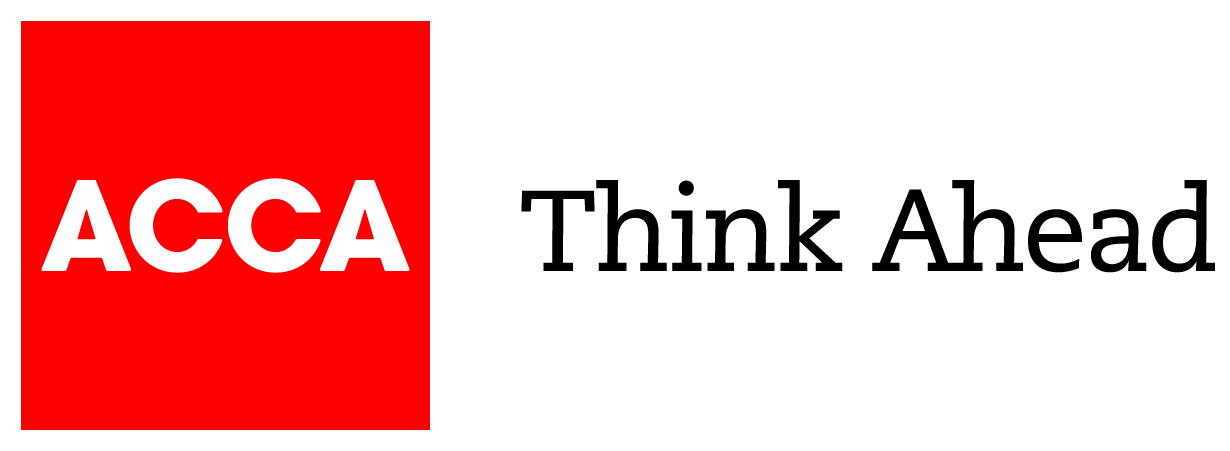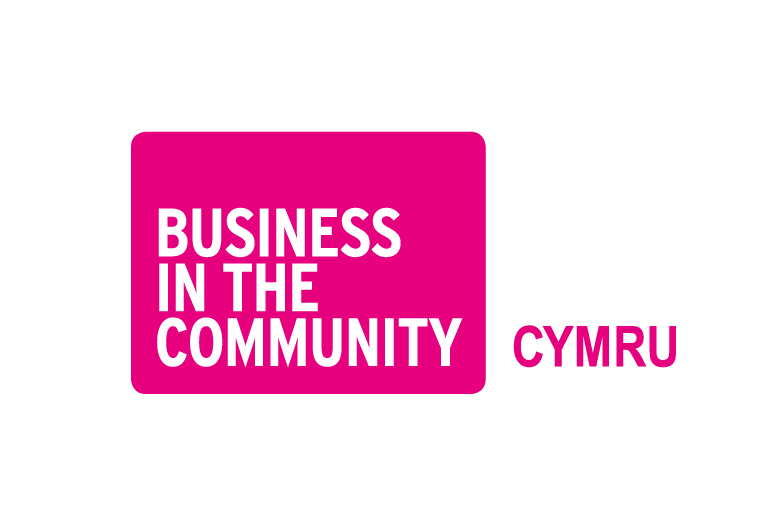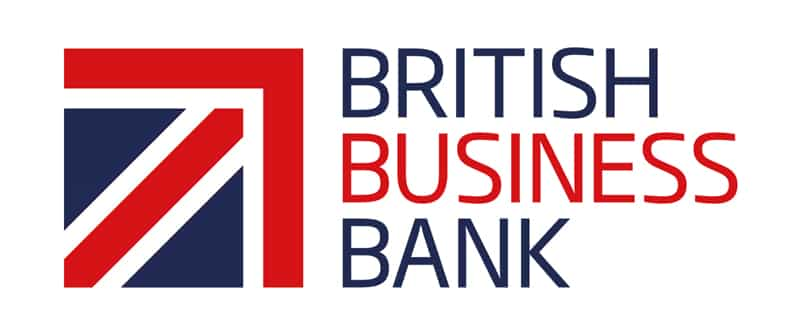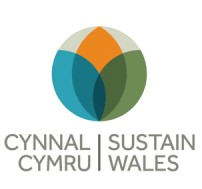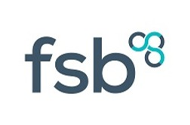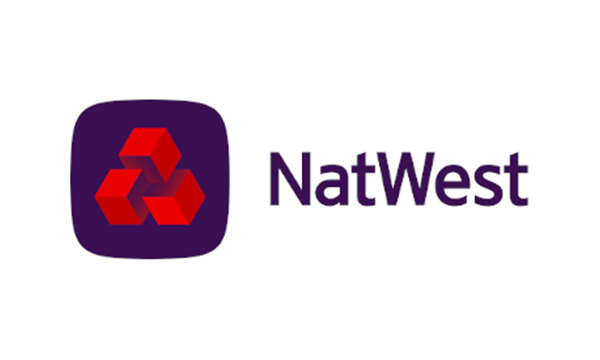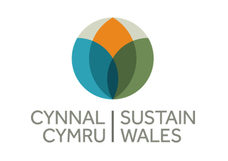
The transition to Net Zero is a critical goal for small businesses, and the role of staff is paramount in achieving this objective. As small businesses play a significant part in the overall economy, their commitment to sustainability and reducing carbon emissions is crucial.
Engaging and empowering staff members in the Net Zero transition is essential for several reasons. Firstly, employees are the driving force behind the day-to-day operations of a small business. Their active involvement and support are vital in implementing sustainable practices and making the necessary changes to reduce environmental impact.
When employees are educated about the importance of sustainability and their role in achieving Net Zero, they can become powerful advocates for change within the organization. By fostering a culture of sustainability, small businesses can encourage their staff to actively participate in initiatives such as energy conservation, waste reduction, and adopting eco-friendly practices. This collective effort can have a significant impact on the overall carbon footprint of the business.
Secondly, staff members can contribute valuable insights and ideas to help identify opportunities for improvement. As they have firsthand experience with the day-to-day operations, they can provide valuable feedback on current processes and suggest innovative solutions to make the business more sustainable. By fostering a culture of innovation and encouraging employees to share their suggestions, small businesses can uncover innovative ways to become more sustainable and achieve their Net Zero goals.
Furthermore, involving staff in the Net Zero transition can enhance their sense of purpose and job satisfaction. When employees feel that their contributions align with a larger purpose, such as mitigating climate change, they are more likely to be motivated, engaged, and committed to making a positive impact. This sense of purpose can lead to increased job satisfaction and employee retention, as staff members feel connected to the organization's mission and values.
To ensure the successful integration of staff into the Net Zero transition, small businesses should provide adequate training and education on sustainable practices. This can include workshops, seminars, or online resources to enhance employees' understanding of the importance of sustainability and equip them with the knowledge and skills necessary to contribute effectively. By investing in the development of their staff, businesses can create a knowledgeable and empowered workforce that is capable of driving sustainable change.
In conclusion, staff members play a crucial role in the Net Zero transition for small businesses. Engaging and empowering employees not only drives sustainable practices but also fosters a sense of purpose and motivation. By involving staff and providing them with the necessary support and resources, small businesses can effectively navigate the path towards a more sustainable future.
Here are a few things that you can do as a small business
- Conduct a staff training session on the importance of sustainability and the goals of the Net Zero transition.
- Create a communication plan to regularly update staff on the progress and initiatives related to the Net Zero transition.
- Establish a sustainability committee or working group that includes staff members from different departments to ensure diverse perspectives and active involvement.
- Encourage staff to share their ideas and suggestions for making the business more sustainable and reducing carbon emissions.
- Implement recognition and reward programs to acknowledge and appreciate staff members who actively participate in sustainable practices and contribute to the Net Zero goals.
- Provide resources and tools to help staff members adopt sustainable practices in their daily work, such as recycling bins, energy-efficient equipment, and eco-friendly office supplies.
- Organize regular meetings or forums to discuss sustainability-related topics and provide a platform for staff to voice their opinions and concerns.
- Collaborate with staff to set achievable sustainability targets and develop action plans to track progress towards Net Zero goals.
- Foster a culture of sustainability by integrating sustainable practices into the organization's values, mission, and performance evaluations.
- Celebrate milestones and achievements in the Net Zero transition to maintain staff motivation and engagement.
Helpful toolkits, tools, and reports and links to training in Wales
Free Climate Fit training for SMEs:
https://smeclimatehub.org/climate-fit/
Carbon Literacy and Nature Wise training at Cynnal Cymru
https://cynnalcymru.com/training/
Energy & Carbon Management by ACT
https://acttraining.org.uk/courses/energy-carbon-management/
A guide to accessing training support from Business Wales
https://businesswales.gov.wales/skillsgateway/
A regional view on Green skills – Wales
https://www.greencareershub.com/green-future/uk-regional-view/
Net Zero Skills Plan for Wales
https://www.gov.wales/net-zero-skills-wales
A toolkit for green workforce transformation
https://www2.deloitte.com/content/dam/Deloitte/uk/Documents/consultancy/deloitte-uk-greening-your-organisation-toolkit.pdf
Closing the UK’s green skills gap – a report by the Green Alliance:
https://green-alliance.org.uk/wp-content/uploads/2022/01/Closing_the_UKs_green_skills_gap.pdf
Global Green Skills 2022 report by LinkedIn:
https://economicgraph.linkedin.com/research/global-green-skills-report
Guides to completing a skills gap analysis:
https://www.personio.com/hr-lexicon/skills-gap-analysis/
https://resources.workable.com/tutorial/skills-gap-analysis
About Cynnal Cymru
Since 2002, Cynnal Cymru has paved the way for sustainable development in Wales. We aim to help organisations create a fairer and more secure future for all through training, consultancy, research, and facilitation. A fair and secure future is sustainable and climate literate, which is why we provide training and consultancy as a partner of the Carbon Literacy Project and across other sustainability areas. Our Fair Work team help businesses create fairer working practices as the


